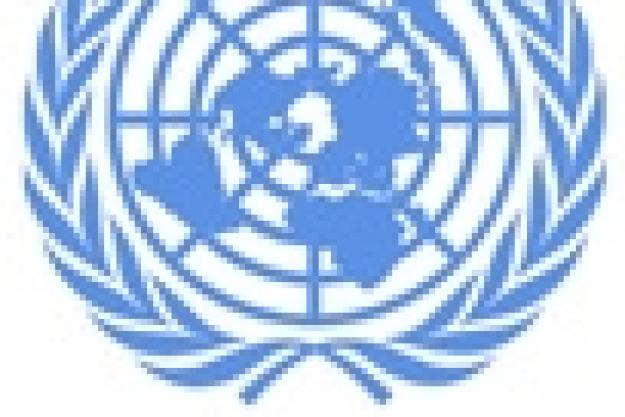
On 25 and 26 July 2005, the Director-General of the Organisation for the Prohibition of Chemical Weapons (OPCW), Ambassador Rogelio Pfirter, attended the Sixth High-Level Meeting with Regional and Other Governmental Organisations, hosted in New York by United Nations Secretary-General H.E. Mr Kofi Annan. This year’s meeting focused on proposals for cooperation between the United Nations and regional organisations contained in the report of the High-Level Panel on Threats, Challenges and Change and in the United Nations Secretary General’s report “In Larger Freedom”. During the meeting, participants examined how the United Nations and these organisations can forge closer partnerships in the pursuit of peace and security in the 21st century.
In his address to the meeting, the Director-General Pfirter stressed the gathering’s importance, as it provides an opportunity for an exchange of views and experience between different organisations in dealing with issues of global significance, including threats to peace and security that are increasingly frequent, ever more deadly, and disruptive. These threats call for a swift and coordinated response.
Director-General Pfirter provided an overview of the OPCW’s efforts to contribute to the common goal of a sustainable, peaceful, and secure world through the effective implementation of a total and unconditional ban on chemical weapons by all States, large and small, possessor and non-possessor alike, and to prevent the proliferation of chemical weapons.
He noted that the OPCW, operating within its mandate, cooperates wherever possible with regional and intergovernmental organisations. In this regard, he recalled the well-established and fruitful cooperation with the United Nations, especially through the Department for Disarmament Affairs, as well as the more recent contributions provided at the request of the Security Council’s Committee on Resolution 1540.
Director-General Pfirter informed the High-Level Meeting of the broad-based cooperation the OPCW pursues, which also includes regular interaction and exchange with the African Union, Europol, IPU, NATO, OSCE, UNEP, UNICRI, UNITAR, UN-OCHA, UNODC among other International Organisations, as well as the successful implementation of the joint action program with the European Union, the conclusion of a Memorandum of Understanding between the Secretariats of the Basel Convention and the OPCW and the ongoing cooperation with the Organisation of American States.
Following the Sixth High-Level Meeting, a joint statement was issued, recognizing the need for an effective, interlocking system that guarantees greater coordination in both policy and action between the UN, regional and other intergovernmental organisations.
36/2005
